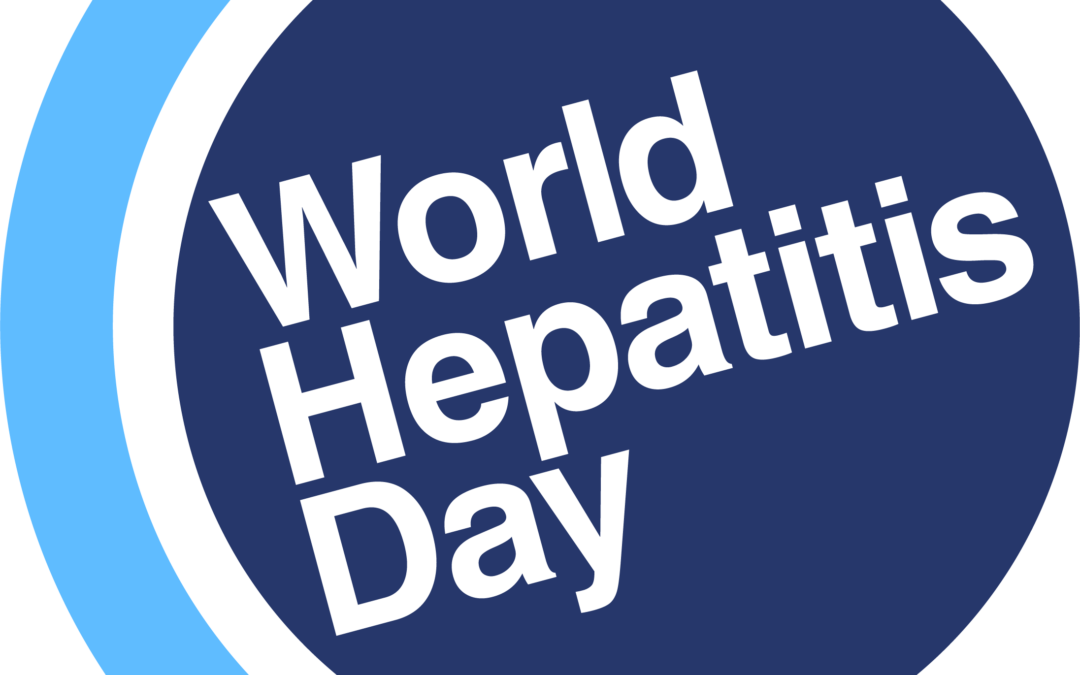World Hepatitis Day is marked every year on July 28 with an goal to provide education that will save lives. The awareness day, one of the World Health Organization’s seven officially mandated global public health days, gives healthcare workers and community organizers a platform to encourage people to get tested for the viral disease and begin needed treatment that can save their lives.
Despite the high health impact on the global community, viral hepatitis doesn’t have to be so deadly. Nurses are in an excellent position to encourage patients to get tested and learn more. According to the World Hepatitis Alliance, hepatitis causes an inflammation in the liver that is generally from a viral infection. There are five main types of hepatitis, and more than 350 million people worldwide live with viral hepatitis. And while hepatitis causes significant disease and death, 90 percent of people living with the disease are unaware they have it.
“It is important to know that hepatitis C can be cured,” says Deborah Parris, RN, of UNM Truman Health Services about one of the most common forms of hepatitis. “The sooner hepatitis C (HCV) is treated and cured, the better. HCV can affect every organ of the body and if left untreated can cause irreversible damage to the liver. It is a major risk factor for liver cancer.” At UNM Truman Health Services, Parris works with patients in a comprehensive approach to HIV, AIDS and hepatitis C care. Organizations around the world work tirelessly to raise awareness and provide access to build awareness of prevention and also of the life-saving testing and treatment.
As awareness grows about hepatitis, more patients will be diagnosed, treated, and cured. But patients need access and advocates for that to happen. “It is important for all healthcare providers to know that hepatitis C is very easy to treat and in most cases, patients do not need to be referred to a specialist,” Parris says. “Nurses can advocate for their clinics to start treating hepatitis C if they are not. Treatment belongs in the primary care setting which ensures more patients are treated and cured.”
Parris says the CDC is calling for simplified HCV testing of all adults at least once in their lifetime regardless of health history. “There are over 2 million people in the US with hepatitis C, and it is estimated that only one-third of them have been treated,” she says. The screening recommendation and process, particularly when it is applied broadly, gives nurses an opportunity to speak with their patients about HCV.
Nurses, says Parris, are in an excellent position for both prevention and treatment that will save lives. They can help patients understand how much easier it is to treat than in the past, she says. They can work in their clinics to identify patients that need to be treated and assist with treatment to educate and follow patients until they have completed treatment and have been cured.
Many people aren’t fully aware of the risks of hepatitis, and Parris says many people don’t realize that hepatitis C treatment has vastly improved. “Now you can be completely cured in 8 to 12 weeks,” she says. “It is really amazing how far treatment has advanced. Most people do not experience any side effects of the medications and these DAA or Direct Acting Anti-viral Agents are very effective at completely curing hepatitis C.”
And for many people globally, health equity is a big factor in the scope of hepatitis. Although anyone is at risk of viral hepatitis, populations that lack direct access to healthcare are particularly vulnerable. “At my clinic and many others around the country, we are working hard to remove or decrease barriers to treatment for people with poor social determinant of health,” says Parris. “Many state insurance plans and Medicaid have removed the restrictive requirements that prevented some people from getting treatment. The idea is to meet patients where they are and many are homeless with substance use disorders and mental health disorders. Treatment should never be withheld for these reasons.”
Healthcare teams that have a comprehensive approach–weaving in primary care, behavioral health, and substance use services, for example–can make a big impact. “Treatment is good for individual patients and the community,” says Parris. “Everyone deserves competent, respectful care and treatment for hepatitis C. It is a basic human right.”
- A Camp Nurse Volunteer Shares the Joy - April 30, 2024
- Is the FNP Program Right for You? - April 24, 2024
- WOC Nurses Week Highlights Specialty - April 16, 2024



